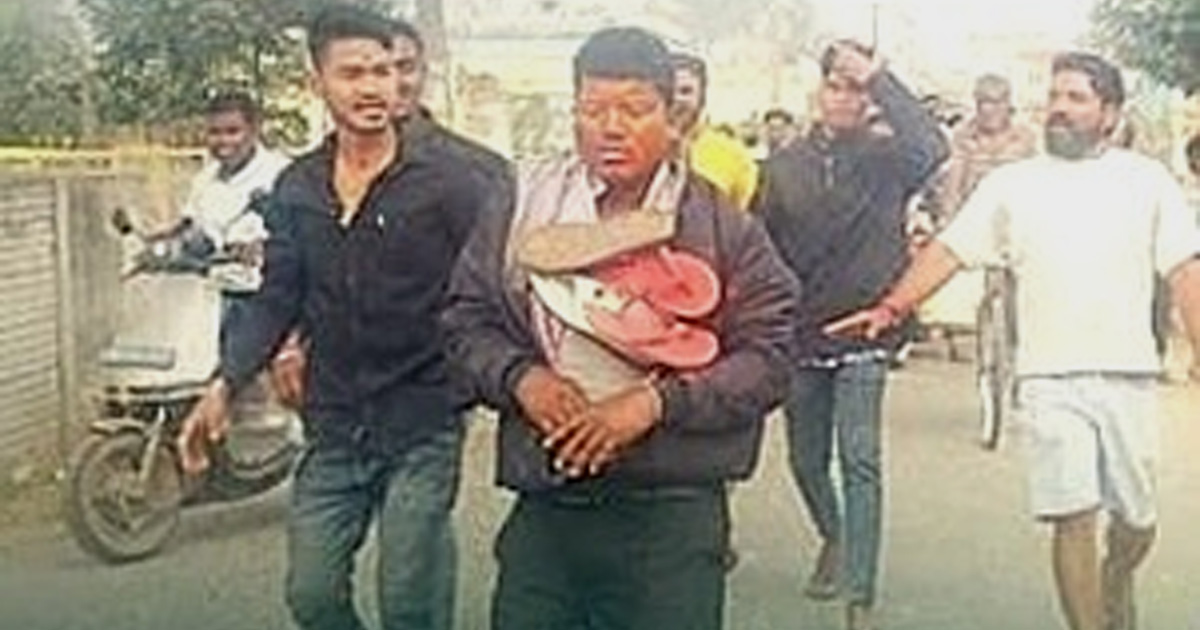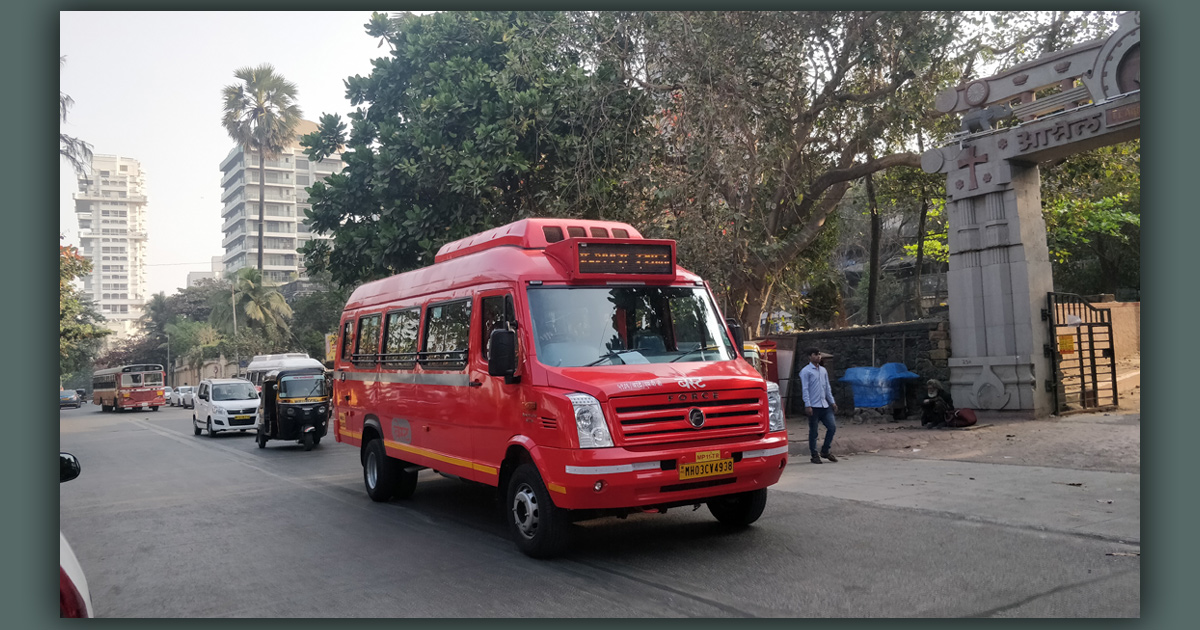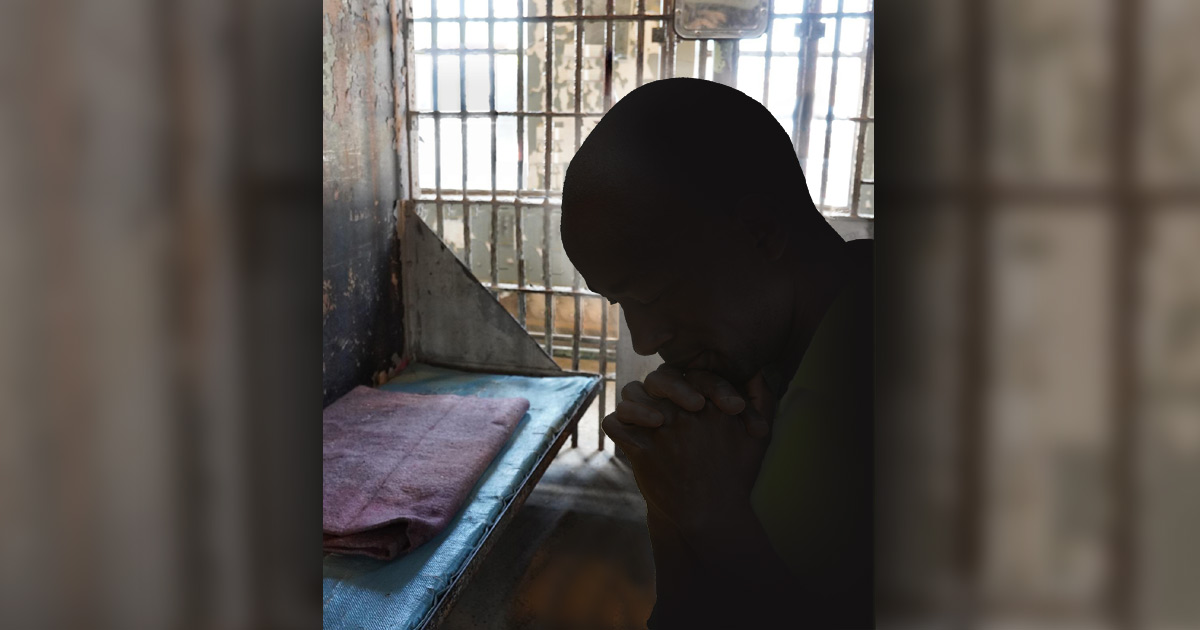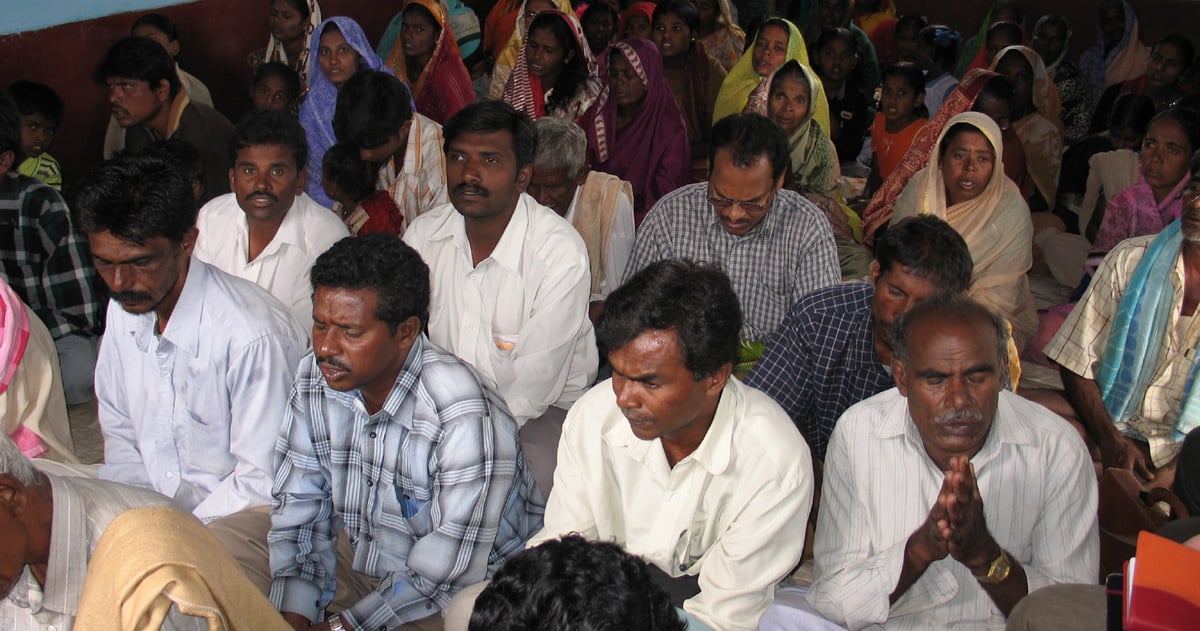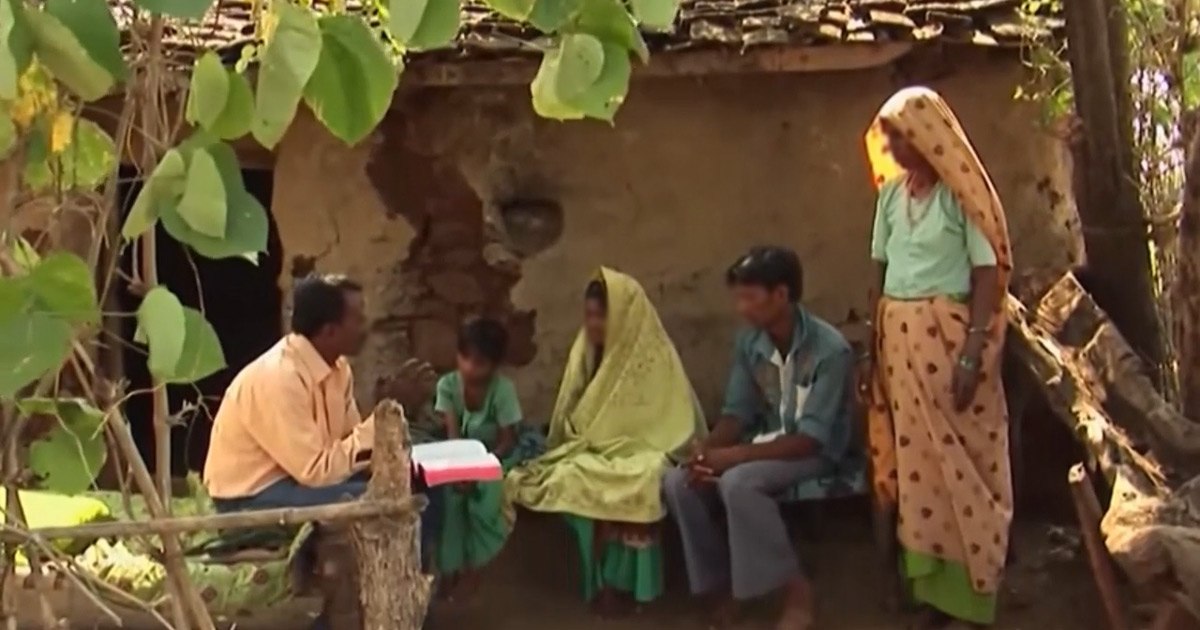
In an affidavit filed earlier this month before India's Supreme Court, officials from the Indian state of Rajasthan announced their plans to introduce legislation that would ban so-called forced religious conversions. The proposal comes after the Hindu-nationalist Bharatiya Janata Party (BJP) took control of the state following elections in late November, unseating the more centrist Indian National Congress.
If implemented, Rajasthan would become the 11th of the country's 28 states to implement such legislation. A lawyer representing the state claims that the government intends to take "stringent steps to control fraudulent religious conversion and religious conversion by intimidation, threatening, and deceivingly luring through gifts and monetary benefits." Unfortunately, such laws have shown to be overbroad and frequently abused by militant Hindus in order to specifically target Christians.
After state elections last year in Karnataka, the victory of the Indian National Congress party resulted in the repeal of similar legislation in June 2023, only a year after it had been passed. For more details, see this report. To access previously published reports describing how Christians in India have been affected by anti-conversion laws, go to our country profile.
Pray for guidance on behalf of Christians in Rajasthan and the country's other states where the widely abused anti-conversion laws have already been enacted. May our Indian brothers and sisters in Christ receive greatly needed wisdom, discernment and courage, especially as they endeavour to share the message of the Gospel to the spiritually impoverished all around them, so that multitudes more will come to faith in Jesus. Further, pray that as the anti-conversion laws are being debated, God will sovereignly guide the legislative decisions of the country's governing leaders – resulting in religious freedom and the protection of human rights for all citizens.

 Population
Population